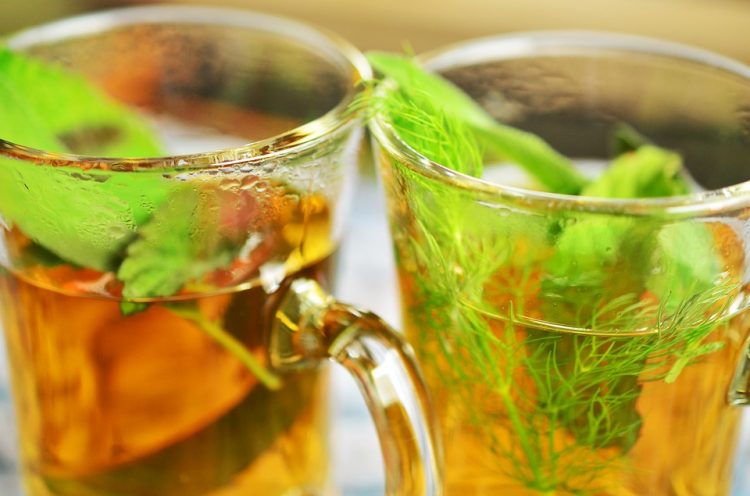Chronic stress is an obstacle most of will us face at some point in our lives, and sadly overcoming it can feel impossible; especially if the causing factor isn’t temporary. With no time to relax, we often resort to letting stress build up, assuming it’ll go away at its own accord.
However, considering stress can be extremely harmful for our overall well-being and even cause further mental health complications, there’s certainly no shame in taking some time to focus on tackling your problems and work towards a gradual healing process. With this in mind, check out five simple, affordable home remedies that can assist your battle against stress:
Firstly, what is Research telling us?
Stress can affect all aspects of your life, including your emotions, behaviour and thinking ability.
Sadly, stress is a well-known contributor to mental disorders and suicide risk. More than 90% of suicides and suicide attempts have been associated with a psychiatric disorder (Mental Health Foundation).
Evidence suggests occupational stress contributes more strongly to male than female suicide, in fact men remain more than three times more likely to take their own lives than women across the UK and Republic of Ireland. In 2014, 6,122 suicides were registered in the UK. This corresponds to a suicide rate of 10.8 per 100,000 people -16.8 per 100,000 for men and 5.2 per 100,000 for women. (Statistics from Samaritans). This year, International Men’s Day (19th November) is focused on raising awareness of the increasing numbers of male mental health issues and preventing male suicide through their campaign ‘Stop Male Suicide’.
Thankfully, there are several remedies that can be done to prevent and relieve stress. Remember – although these remedies will provide relief, it will only be temporary; meaning it is important to pair these with your coping strategies.
Avoid Unhealthy Habits:
Let’s face it, most of us rely on an unhealthy habit we’re convinced we cannot live without, but for chronic stress sufferers, this will only delay the recovery process. Common such as habits nicotine and caffeine might be tempting during stressful periods, but they are actually labelled as stimulants; meaning they will increase stress levels rather than reduce them. Furthermore, alcohol is actually a depressant when consumed in large quantities, so it’s best to avoid completely.
Herbal Teas:

Herbal teas are a favourable choice for controlling stress, for they’re generally available without a prescription and provide an instant, temporary relief. The most beneficial teas contain high levels of “bioactive” compounds, such as adaptogens, flavonoids and antioxidant.
Chamomile tea is considered one of the most popular and advantageous. Labelled as the “ultimate calming tea”, its calming and soothing nature has a sedative effect on the central nervous system; helping to easy anxiety, relax the muscles and promote better sleep. It’s also caffeine free, which can help you in your mission to cut back on caffeinated beverages.
Because of its mild flavour, chamomile tea can also be brewed with other calming teas for a relaxing blend. Drinking up to four cups of chamomile teas a day is ideal for fighting stress.
Exercise Regularly:
Physical activity is possibly the best solution for stress management. Regular exercise encourages the production of feel-good endorphins and helps regulate your sleep; which provides more energy and helps you remain calmer and more focused.
This doesn’t have to involve a trip to the gym or high intensity running, even a yoga and a brisk daily walk can elevate symptoms. If you are thinking of partaking in weight lifting workout, creatine supplements will provide additional energy. Try to incorporate a form of enjoyable exercise into your daily routine.
Escapism:
Are you often left stuck in an endless loop of what-ifs in your mind? Stress likes to play with our minds, so finding an activity that allows you escape these thoughts is essential. Hobbies that involve your hands (drawing or playing guitar) are ideal, for the familiar rhythmic movements created with your fingers send a signal to your brain that provides immediate relaxation and grounding.
Take a Bath:
Although a bath might seem too simple, they’re ideal for unwinding. Water has an innate soothing effect upon the mind and body as it familiarises with our time in the womb. To make the bath more relaxing, add ½ cup of bath salts with essential oils, such as lavender or jasmine – both of which possess stress-reducing properties. The magnesium contained in the bath salts is absorbed through the skin; promoting feelings of relaxation.